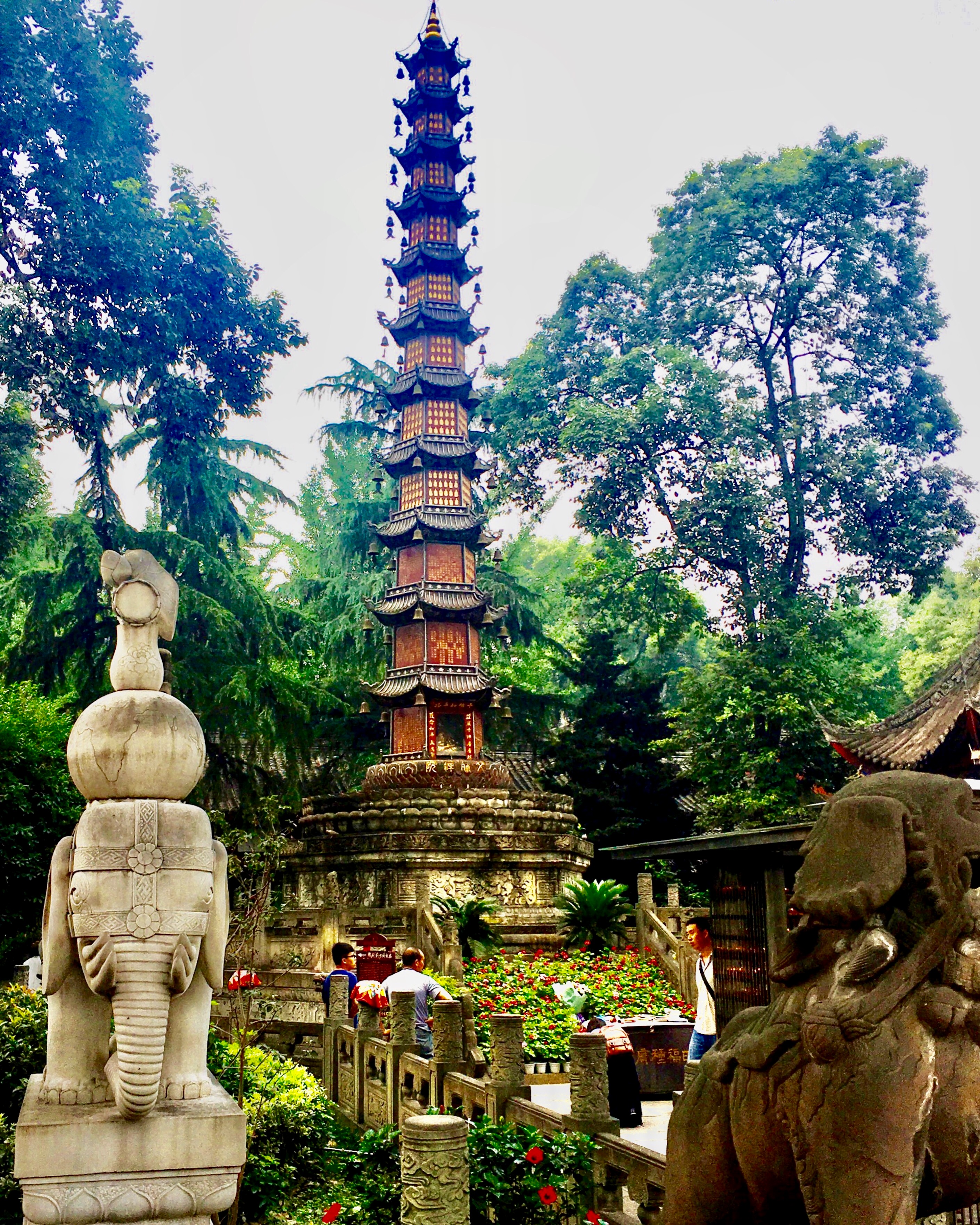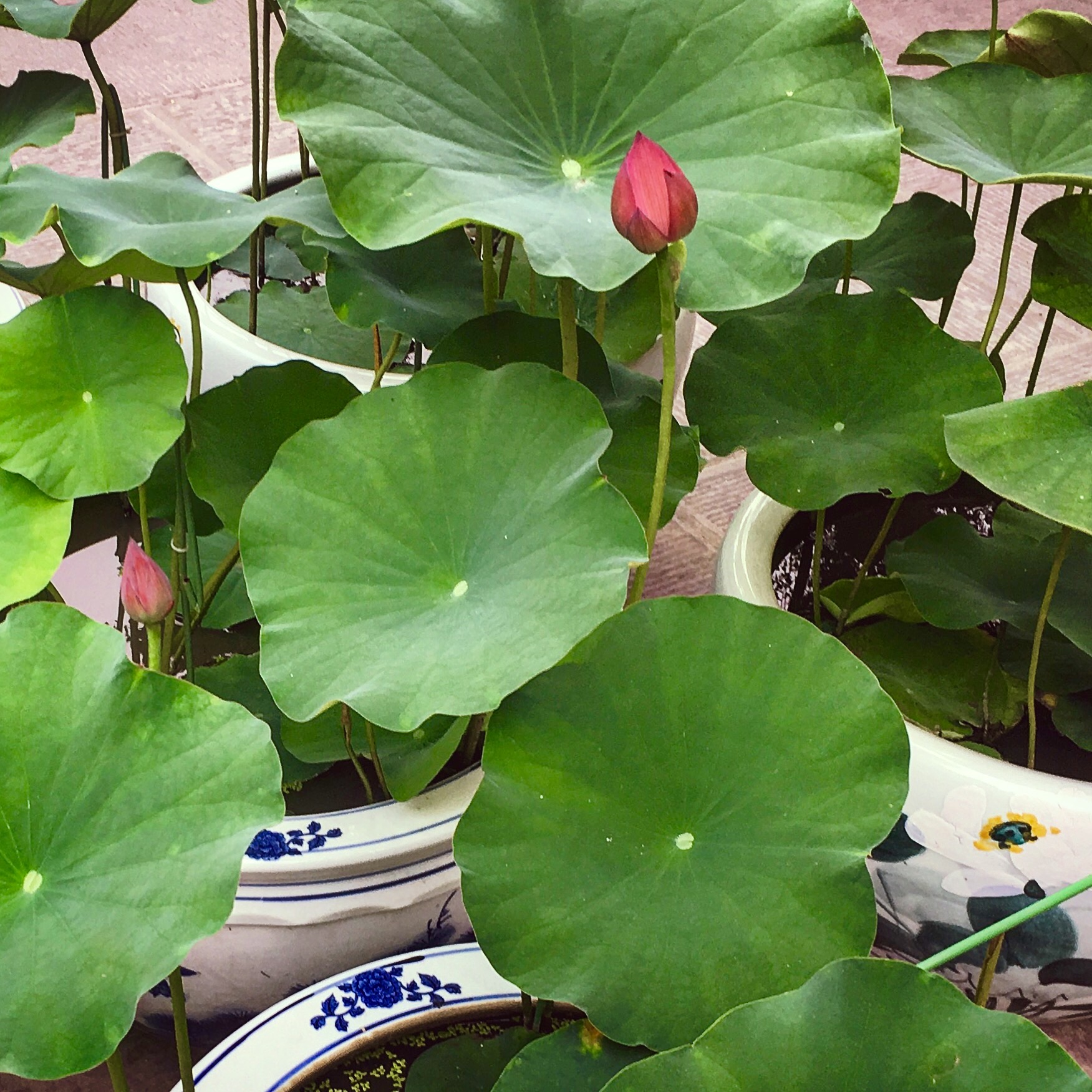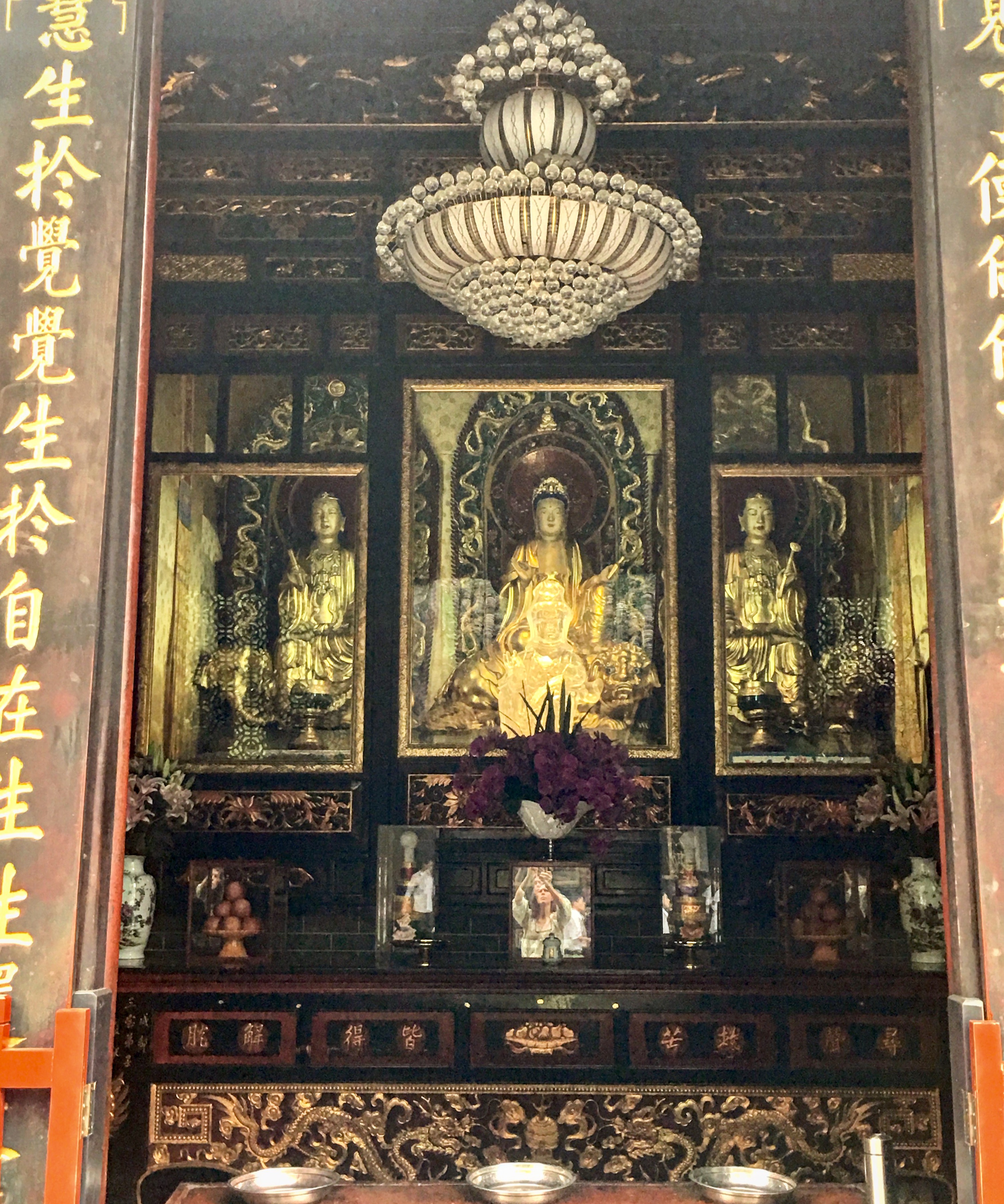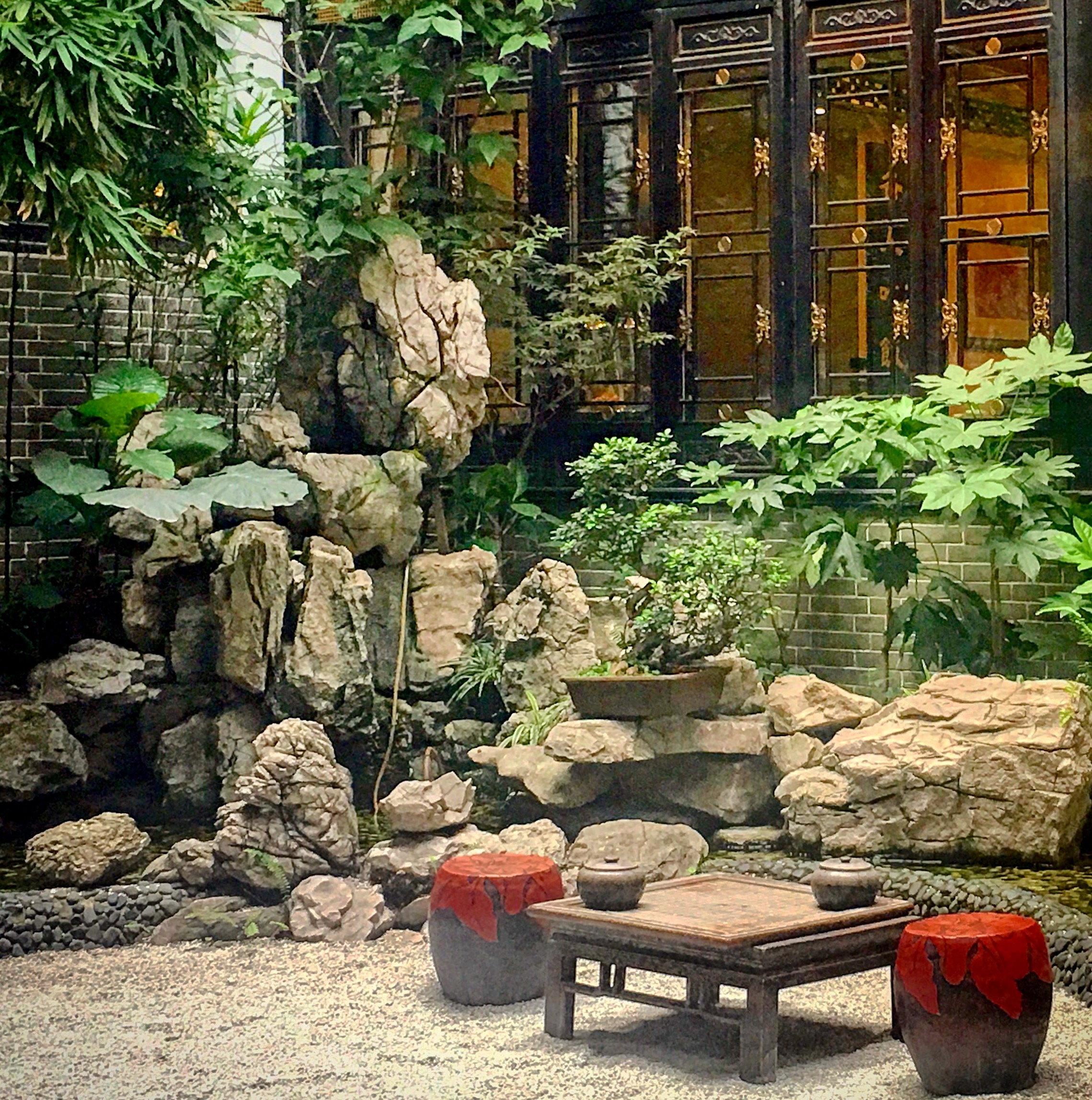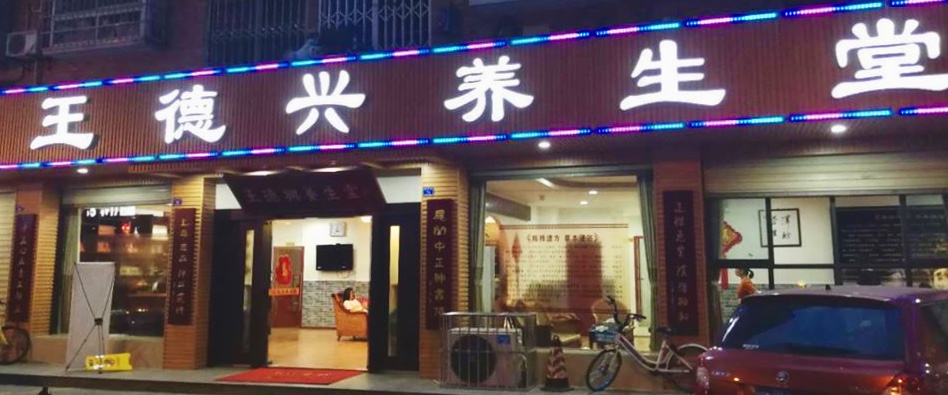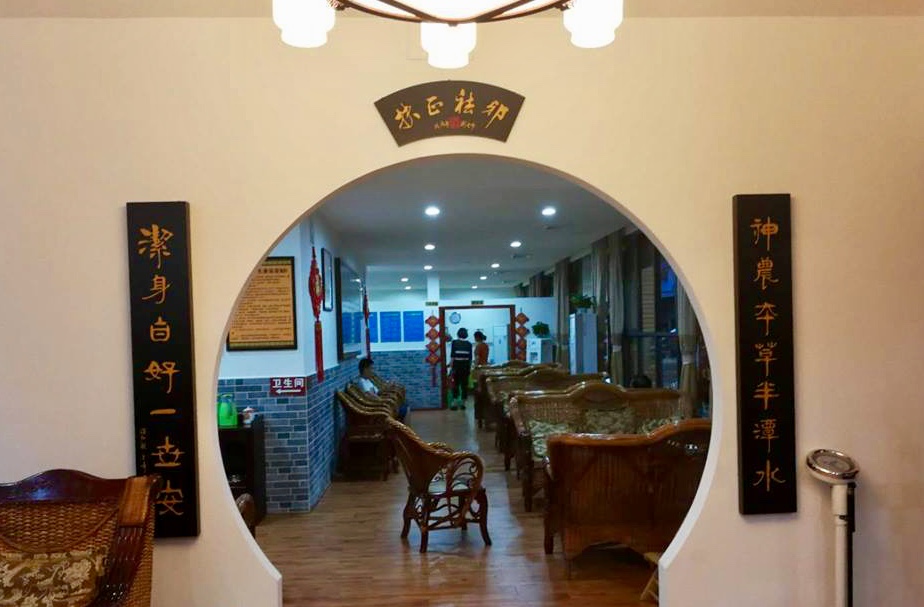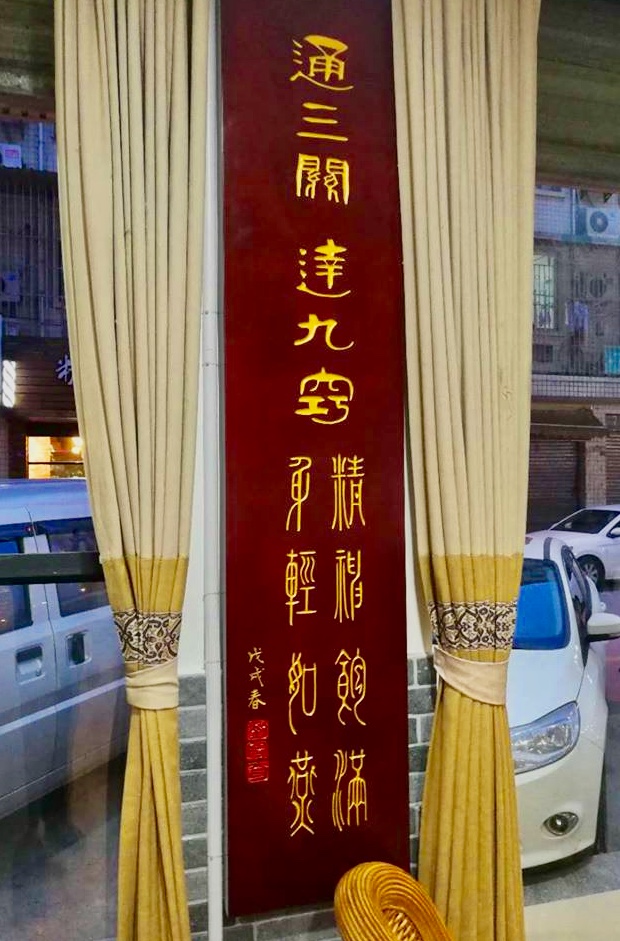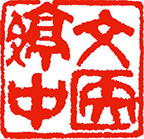✍️Wendy Brown
真
When the sage embraces
the divine sovereign heart
her voice can move
and transform the world
•
One who lacks purity and
sincerity cannot move others
•
When a person merges
with this truth in essence,
the shen-spirit may move
amongst the external world
with highest degree of sincerity
•
One who forces himself to
lament, though may sound
sad, will awaken no grief
•
One who forces himself to
be angry, though may sound
fierce, will arouse no awe
•
She who forces herself to
be affectionate, though may smile,
will create no air of harmony
•
True sadness need make
no sound to awaken grief
•
True anger need not
show itself to arouse awe
•
True affection need not
smile to create harmony
•
Truth and sincerity are
to be prized as a doctor
of Chinese medicine
•
People come from far
and wide for help
True healing is derived
from principles of
sincerity, truth, and purity
•
This intrinsic disposition
is what makes it so that
a patient listens to, and
hears, the practitioner
•
Humans loathe death
and delight in life.
A doctor of Chinese medicine
informs what in a patient’s
life can destroy them;
Tells them what can
be good for them;
Advises what is convenient
for their condition;
Exposes what brings them suffering
•
Even if they are the kind
of person who does not
follow The Way (Tao),
being without principles,
or does not follow the
patterns of the natural
order of life, how would
they not listen to the
doctor who is sincere
and pure in this medicine?
•
Lingshu Chapter 29

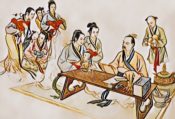
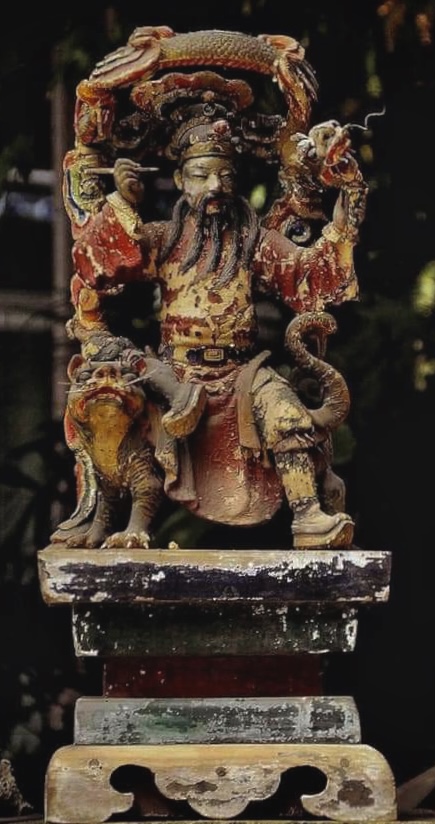

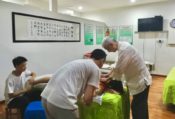
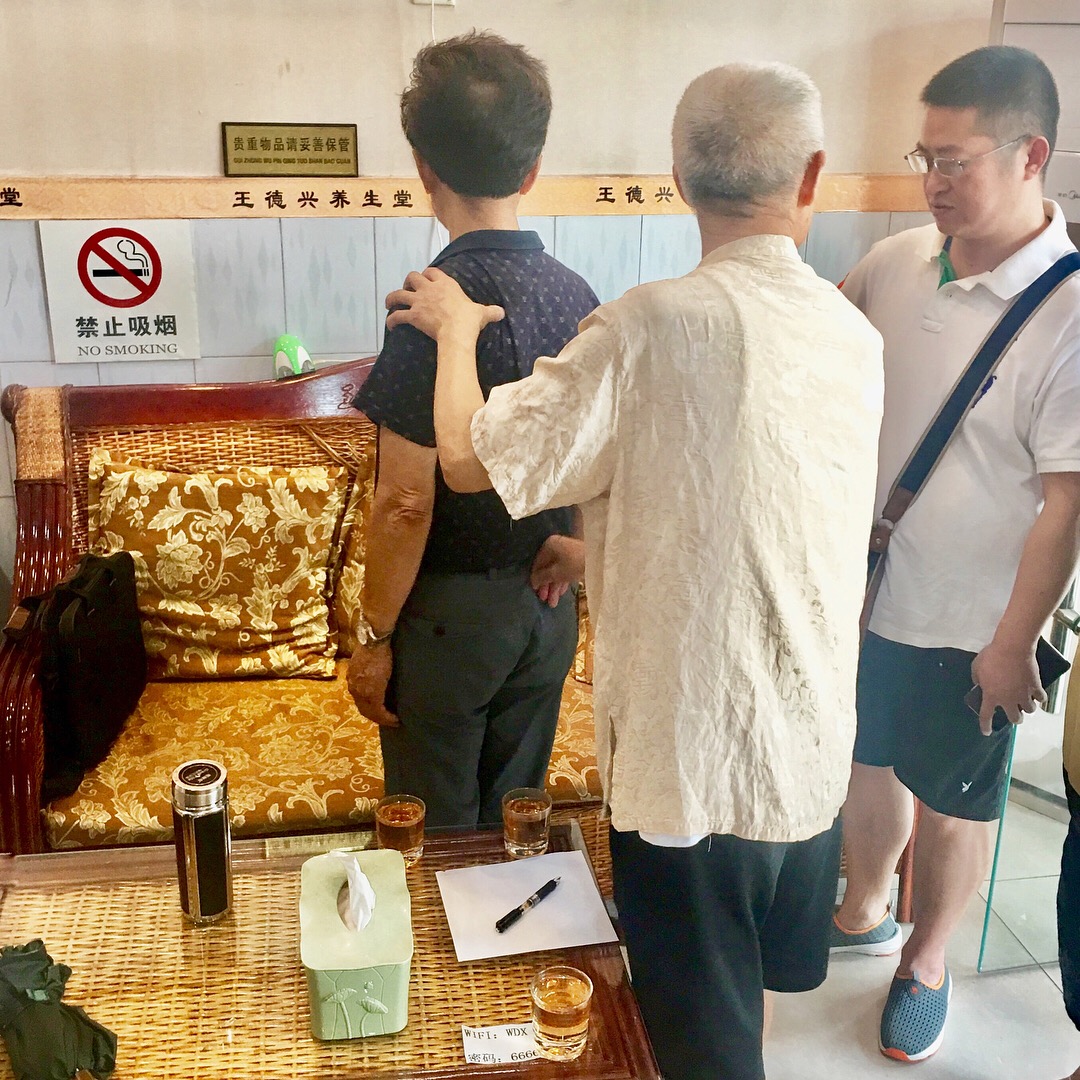
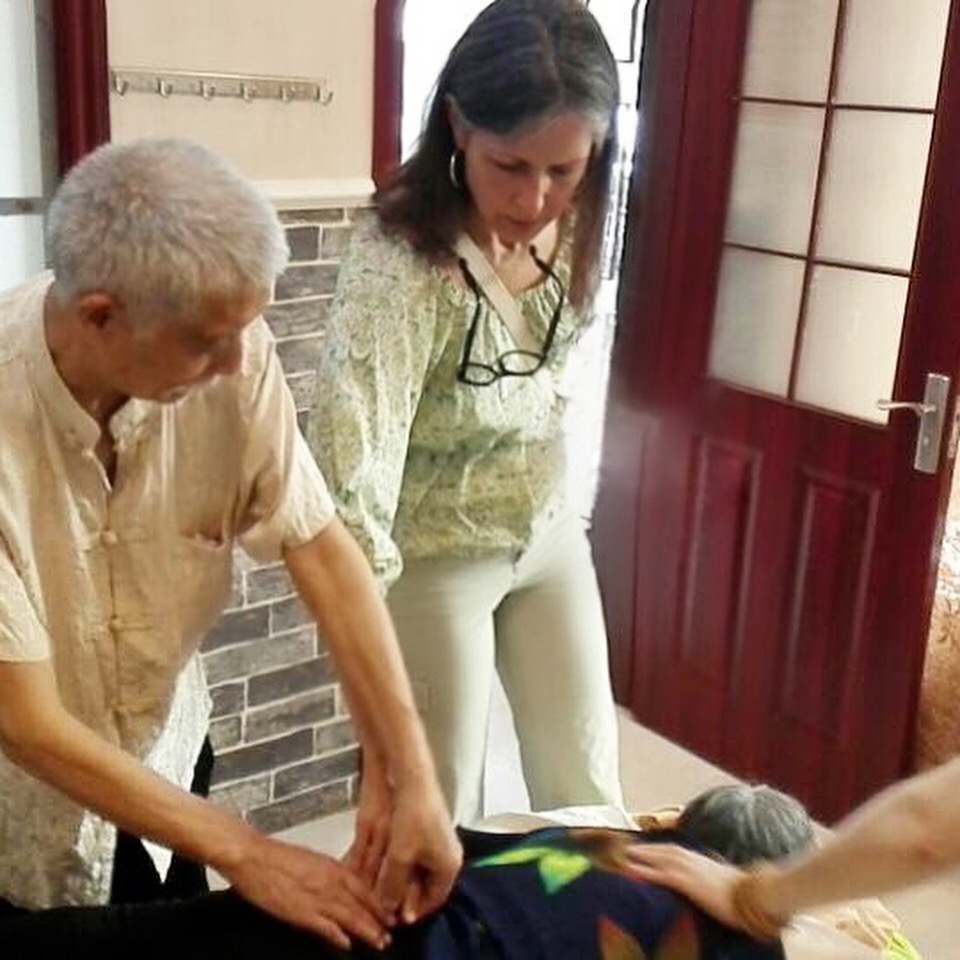



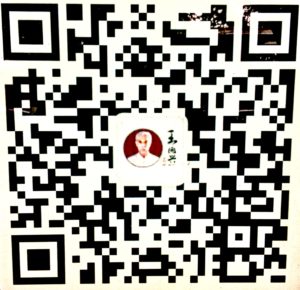 More from my time in Chengdu
More from my time in Chengdu